Resources
HELPFUL FUNERAL RESOURCES
Grief can be overwhelming and that life after a loss can seem empty. That’s why A Better Way Funerals has created an online resources page to provide you and your family with the support you need during this difficult time. Here, you will find useful information on dealing with the funeral process, bereavement, grieving and more.
For further information or assistance, call Keri on 0401 040 161.
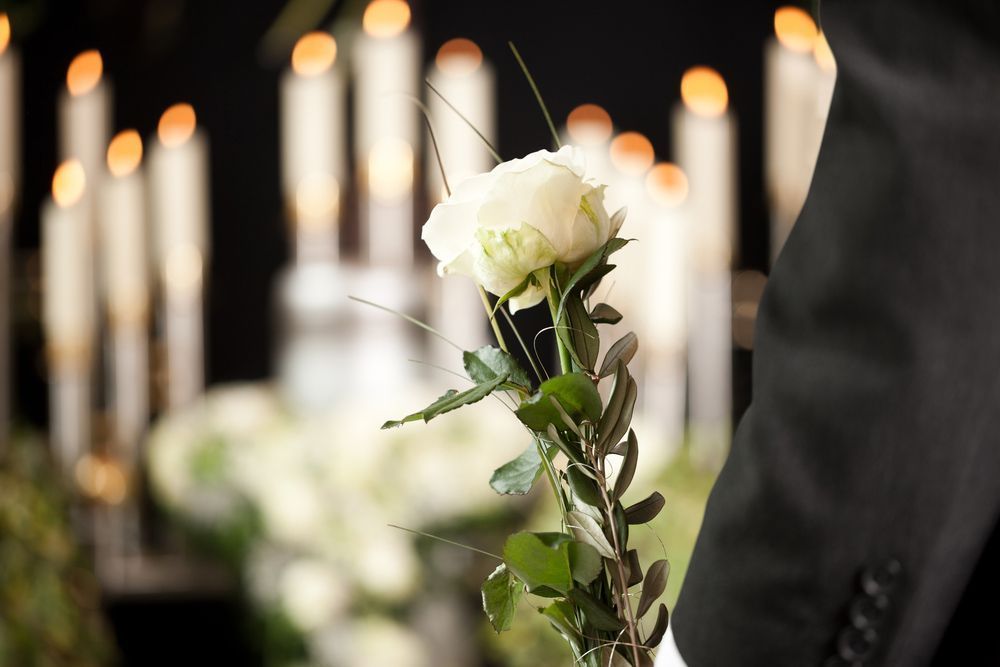

What to do when someone dies
This checklist is designed to help guide families through what to do when someone dies. It is broken down into the following sections:
- Things to Do Immediately
- Organ Donation
- Funeral Director
- Prepaid Funerals, Funeral Bonds & Insurance
- Funeral Service
- Paying for the Funeral
- Organisations to Notify
- Mailing Lists
- Social Media Accounts
- Grief Support
Things to do immediately
Death at the Hospital
If the death occurs at a hospital or a nursing home, the staff will arrange for a doctor to issue a Doctor’s Certificate of Cause of Death. This will need to be completed before your loved one can be moved. The hospital or nursing home will ask you to nominate a funeral director and they will call them to organise the next steps. Most public hospitals have a morgue and your loved one will be moved here once the family have said their farewells.
Once all of the paperwork is in order, your funeral director will organise for transport to move your loved one into their care. In the public hospital system you will be required to complete an Authority to Transfer form which your funeral director will provide.
Death at Home
If the death occurs at home and was expected, call your doctor who will issue a Doctor’s Certificate of Cause of Death, once again this needs to be completed before your loved one can be moved.
If the death occurs at home and was unexpected, you will need to call the police. Depending on the circumstances, the Coroner may be required to conduct a post-mortem to determine the cause of death.
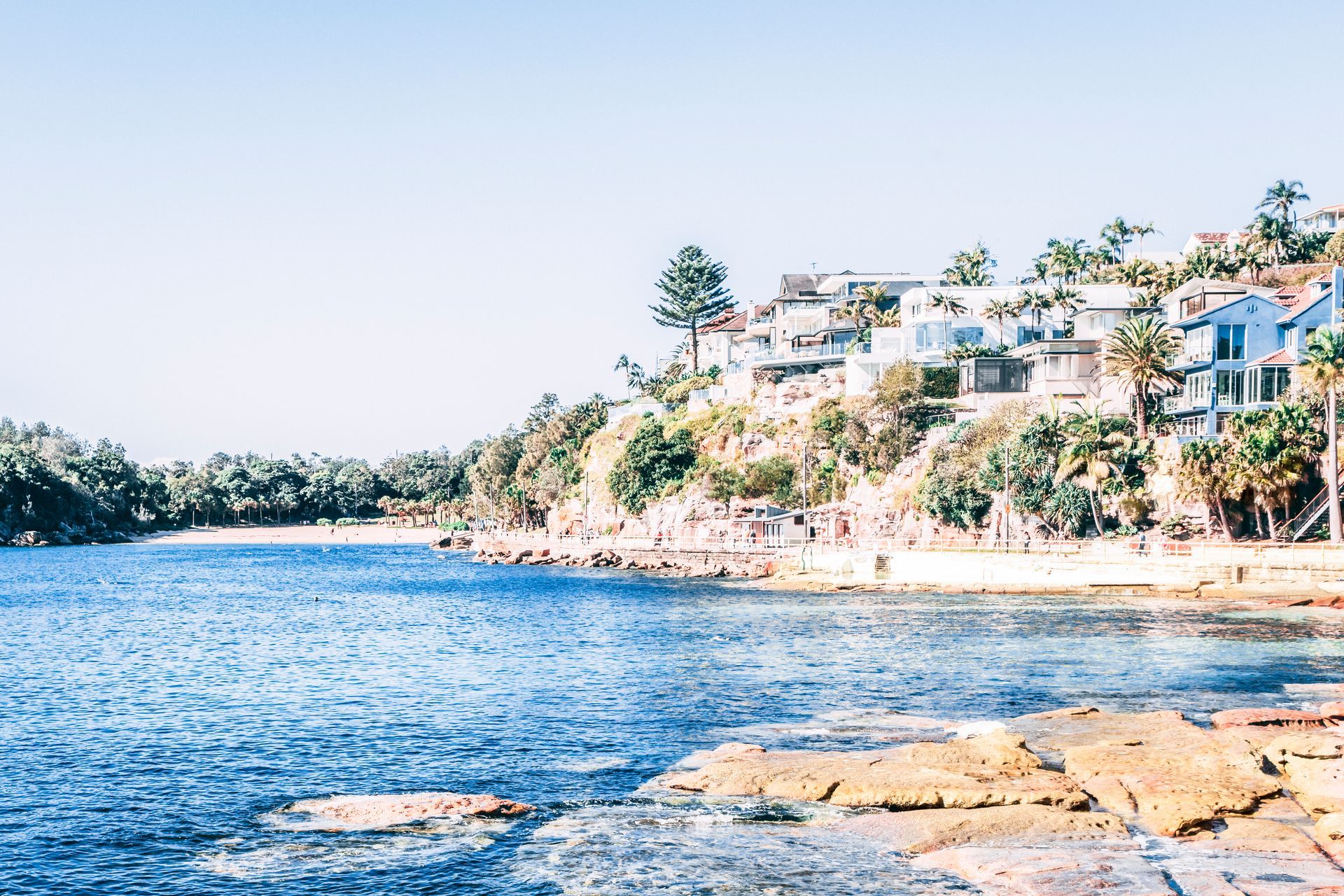

organ donation
If you know the deceased is an organ donor, the next of kin will be required to provide their consent for organ donation to proceed.
If you do not know whether the deceased is an organ donor, the next of kin will be required to decide whether or not to donate the deceased’s organs.
To check whether the deceased is an organ donor, you can contact the hospital to look up the Australian Organ Donor Register. If consent to organ donation is provided, the deceased will be required to be taken to hospital immediately so that the donation process can be carried out.
funeral director
Preferred Funeral Director
If the deceased has a preferred/nominated funeral director, contact them to organise transportation once all of the necessary paperwork is completed.
No Preferred Funeral Director
If the deceased does not have a preferred/nominated funeral director, you will need to find a funeral director who will then direct you as to what steps need to be taken.
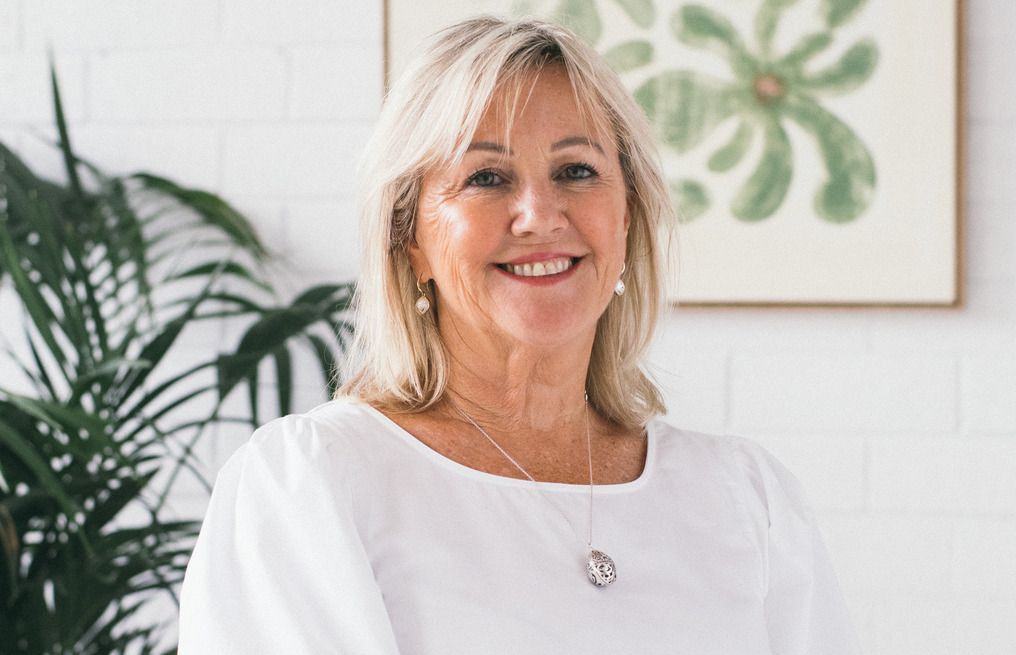
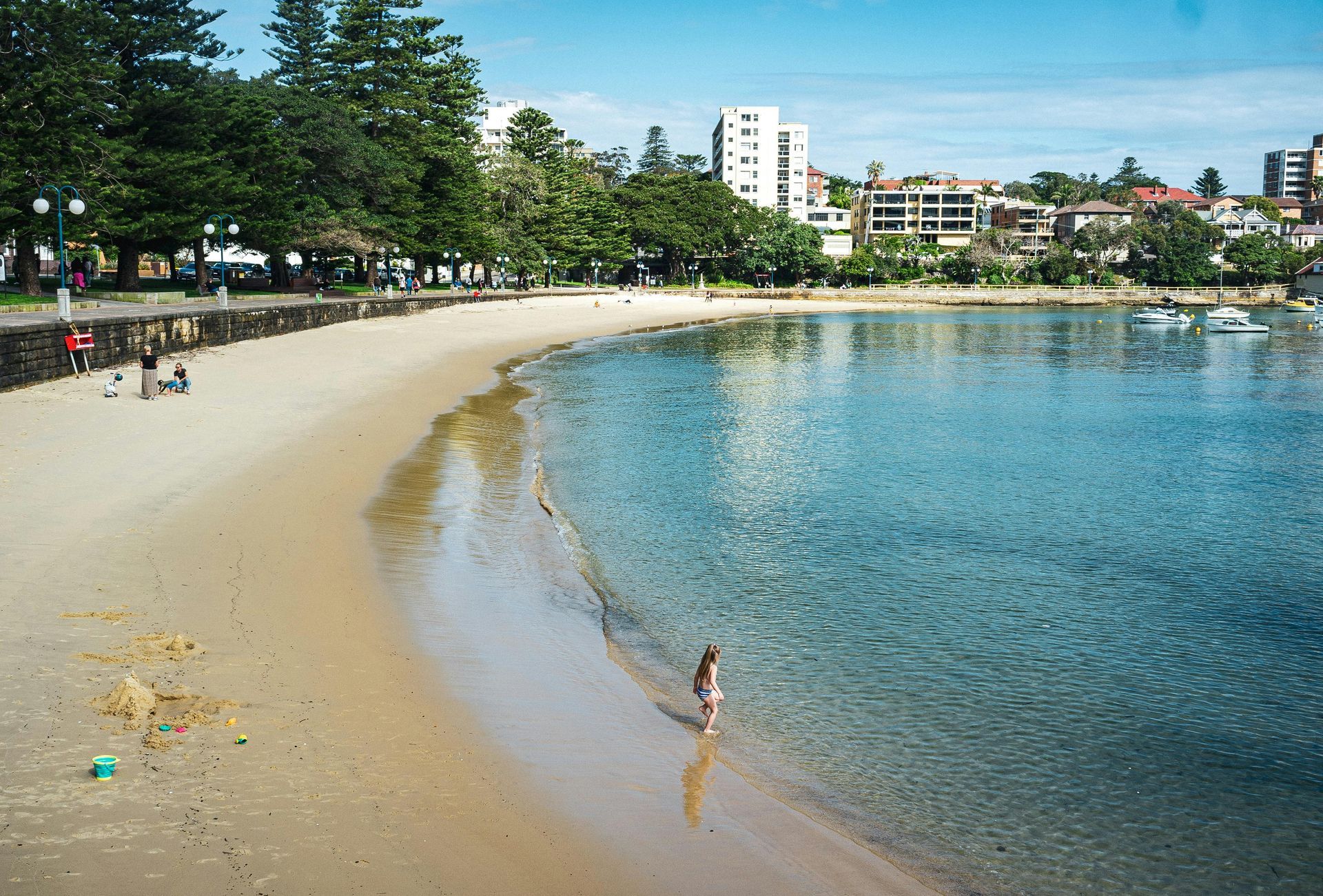
The funeral service
A lot goes into planning a funeral service and you will need to make a number of important decisions. Initially, it is important to think about what type of service you would like to plan for your loved one. Your funeral director will be able to help you find what is right and fitting for you and your family.
MUSIC
Choosing music for a funeral is a deeply personal decision and should reflect the preferences and personality of the deceased, as well as provide comfort to the grieving family and friends. There is no one-size-fits-all answer.
At A Better Way Funerals, Keri has collated some commonly chosen genres and specific songs that are often selected for funerals. Keep in mind that these are simply recommendations, meant to offer guidance.
There is an extensive array of songs available for selection. The crucial element is the individual significance the music holds for your loved one and those close to them. Additionally, it’s thoughtful to verify that the chosen songs are both respectful and provide a sense of solace to those grieving the loss.
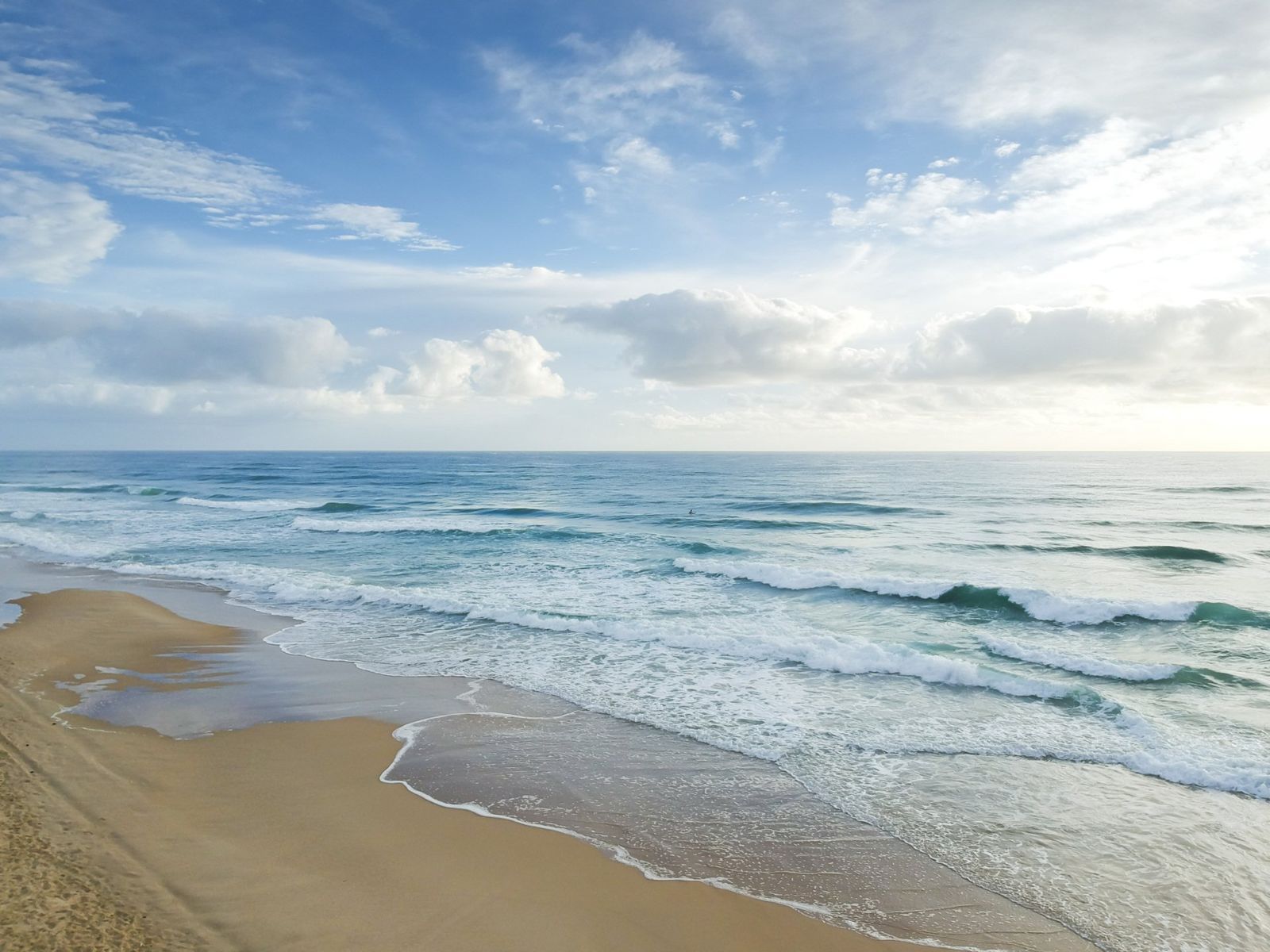
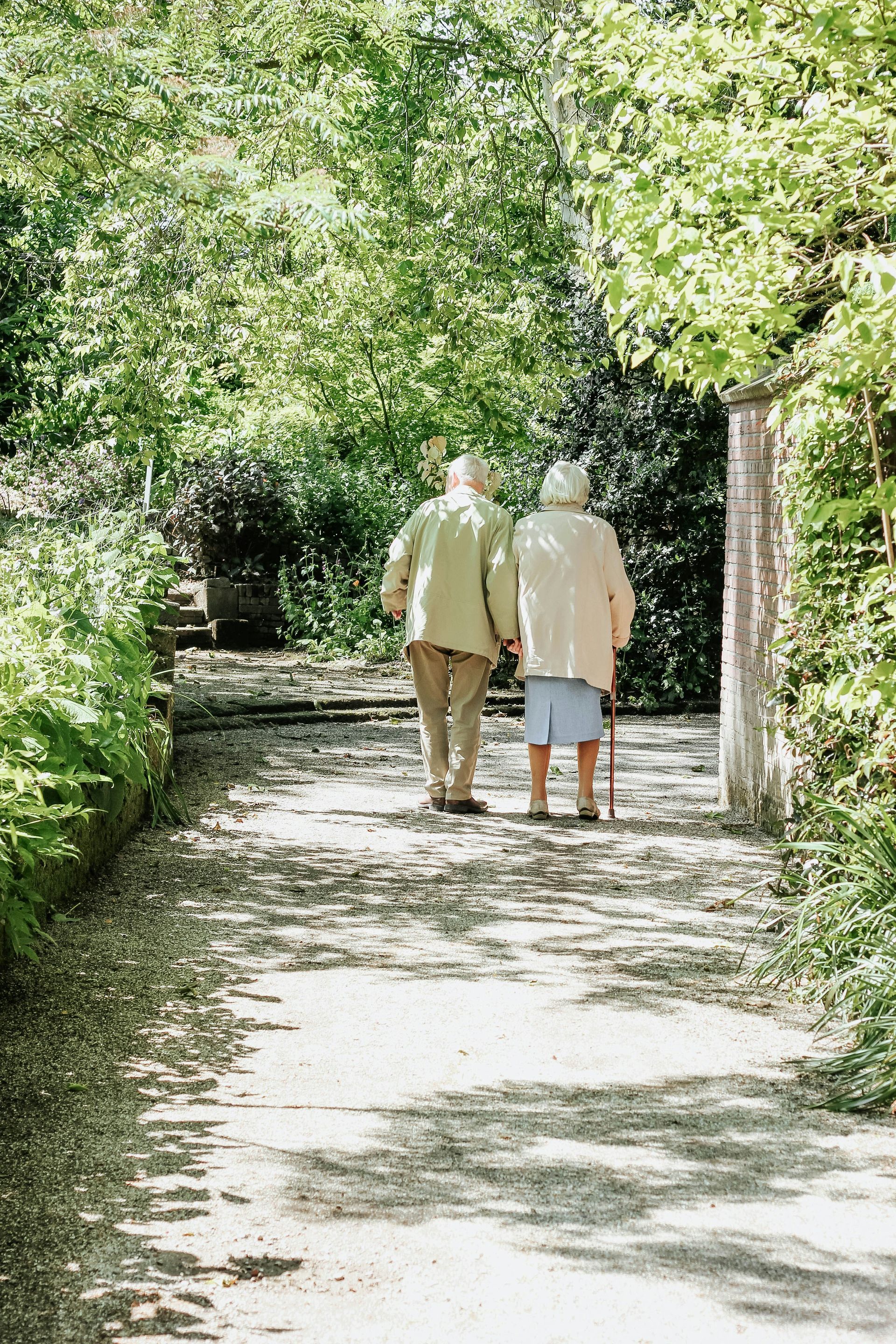
paying for the funeral
Funerals are expensive. In Australia, the average cost of a cremation is $7,500 and this doesn’t include many of the extras you will need like flowers, casket order of service, etc., and the average cost of a burial is approximately $19,000.
Depending on your circumstances, the following funds may be available to you:
- Insurance or funeral bond payouts
- Money in the deceased’s bank account
- Superannuation funds
- Government allowances or bereavement payments
- Bereavement payments for veterans or Indigenous Australians
- Assistance from clubs, trade unions or associations the deceased was a member of
organisations to notify
Notify the relevant organisations using this checklist from the Department of Human Services.


Mailing Lists
If you want to stop marketing and advertising being sent, register the deceased’s details at www.adma.com.au
Alternatively, make a written request to the address below:
ADMA
GPO Box 3895
Sydney NSW 2001
social media accounts
Facebook is the most popular social media website in Australia. Under their website terms, you can request for the website to be “memorialised” so that family and friends can continue to gather and share messages on their profile. Alternatively, you can request that the account be deleted if you are a verified and immediate family member of the deceased.
Keep in mind, if you do choose to delete an account, you might lose all of the photos and memories that have been collected online over the years, so consider making copies first.
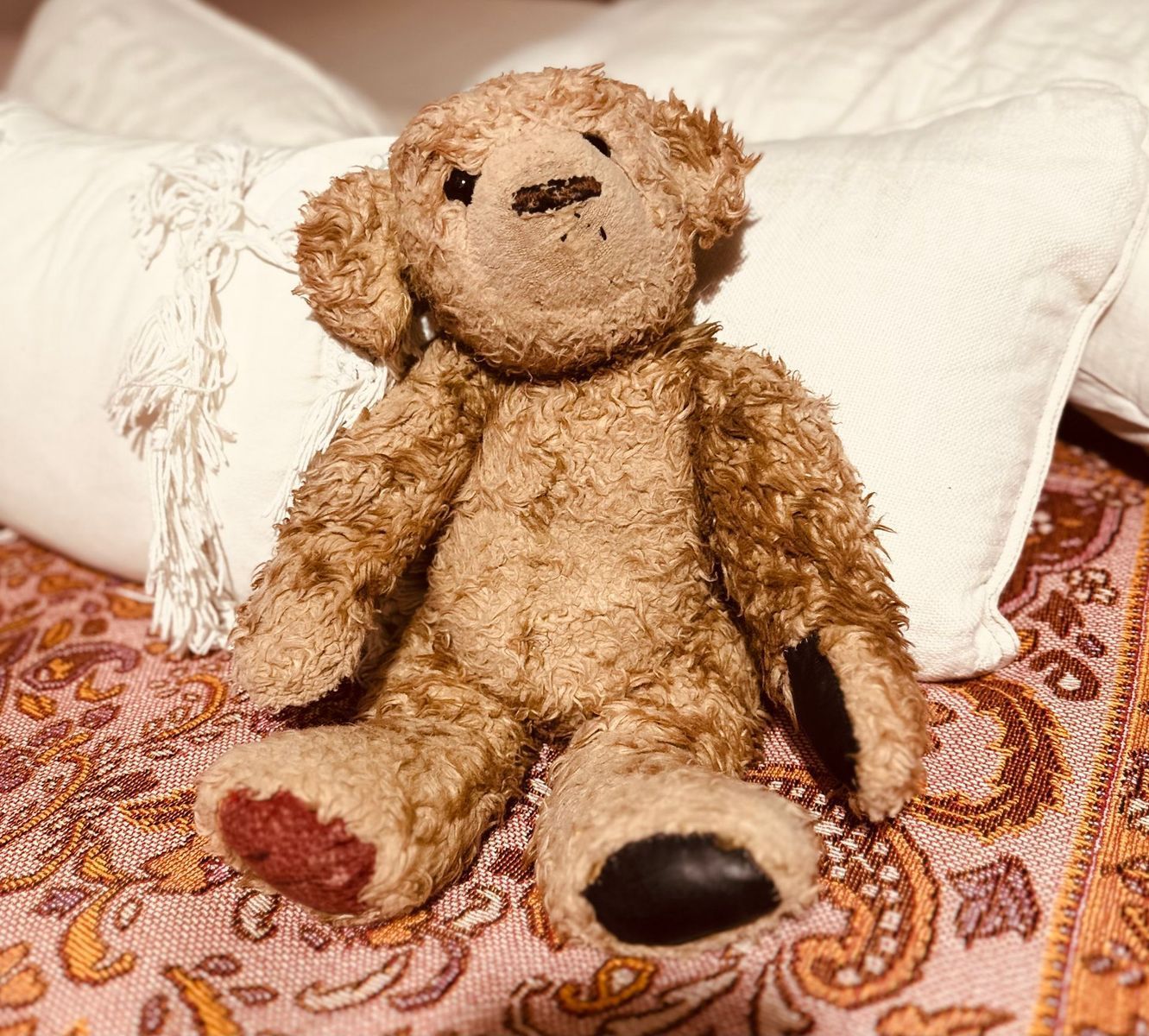
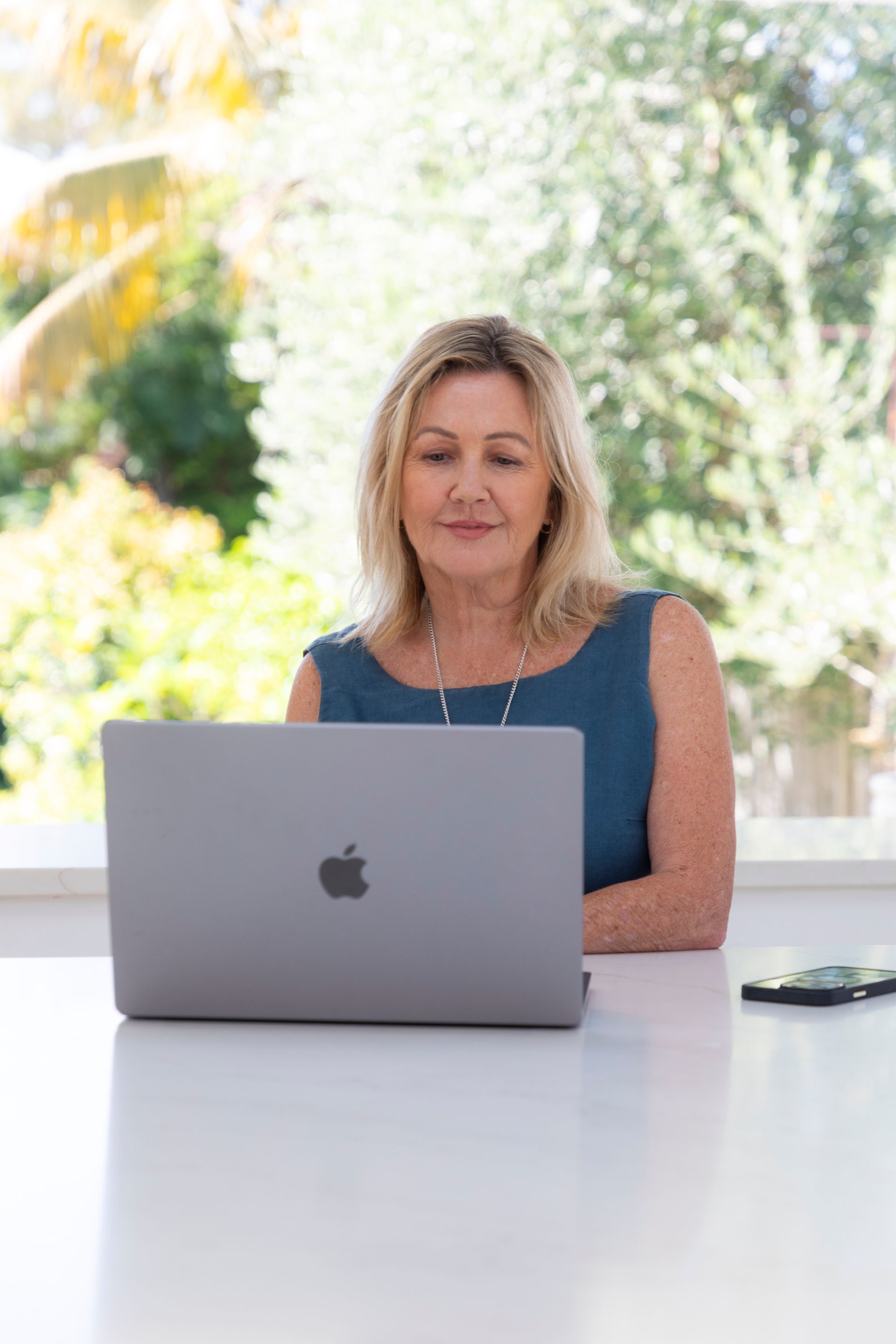
grief & bereavement support
During an incredibly emotional and busy time, it’s easy to forget about yourself and your own mental and physical health and wellbeing. In the planning stages it may be hard to even think about seeking help but in the coming weeks, please keep in mind that there are services available, people to talk to and groups to connect with.
- Good Grief
- Australian Centre for Grief and Bereavement
- Australian Government Social Work Services
- Beyondblue
- GriefLine
- Lifeline Australia
We hope you have found this checklist for what to do when someone dies helpful.
If you have any questions, please don’t hesitate to email us at info@abetterwayfunerals.com.au or call 0401 040 161 anytime.
TRUSTED REVIEWS FROM FAMILIES WE'VE SUPPORTED
Reflections on a Better Way
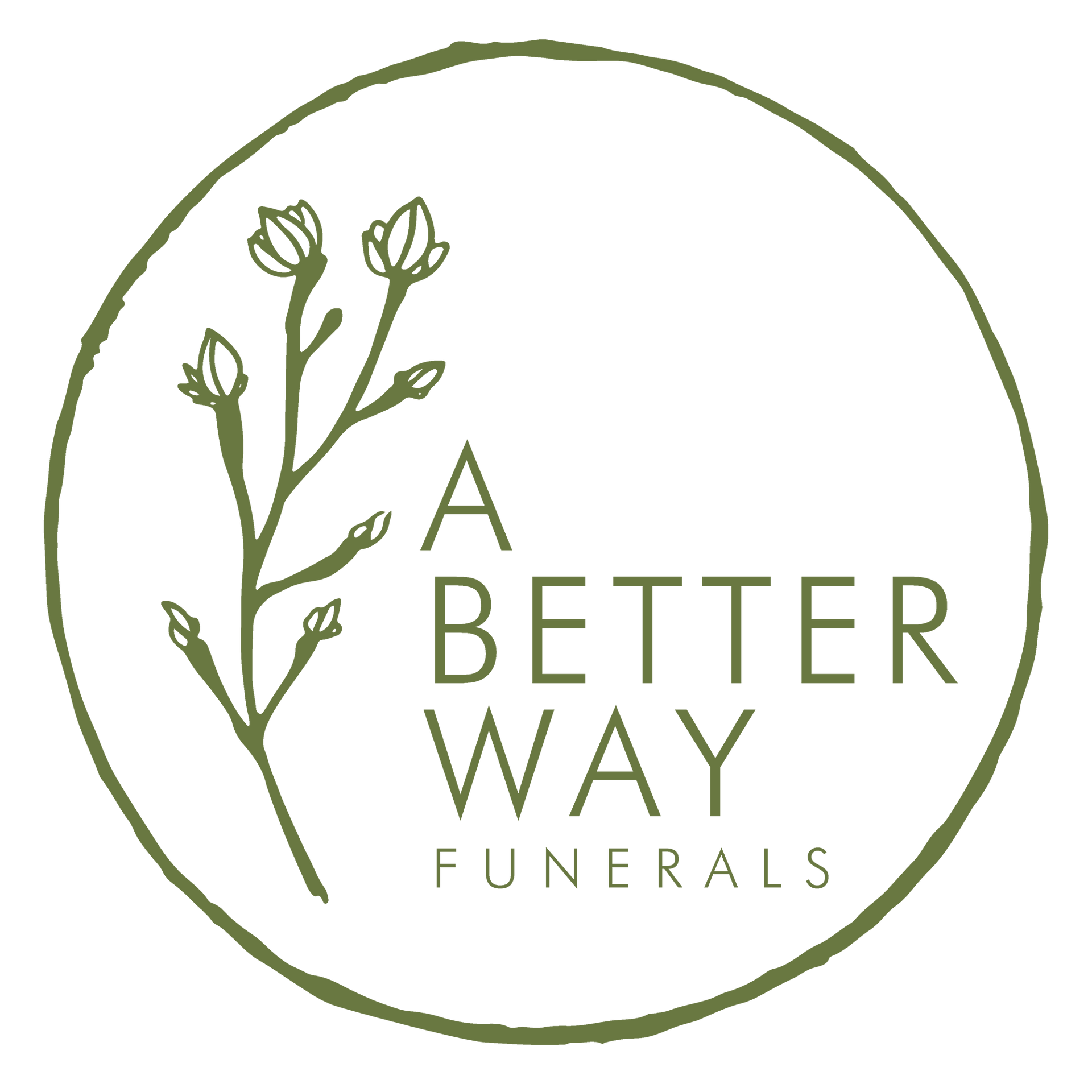
Supportive, Honest and Caring Service
Keri provided our family with warm support together with an effective and efficient outcome, which helped us better deal with our loss. No corporate formula, no upselling, no "this is how we do it". We are happy to recommend Keri to those looking for a better way to do things.

Compassion Beyond Expectation
Keri was amazing! I was blown away by her compassion, kindness and consideration throughout. She listened attentively and followed exactly what was asked and went out of her way to make my sister's funeral both beautiful and seamless whilst also comforting and checking on us all along the way.

Comforting, Genuine and Kind
I’m not sure I can fully express the depth of my gratitude to Keri and her team at Better Way Funerals. From the moment my beautiful mum passed away, Keri guided us with compassion, care and a level of kindness that was both comforting and genuine. I cannot recommend Better Way Funerals highly enough.

Grateful for Better A Way Funerals’ Care
Keri has been a godsend to our family in this difficult time. She was very compassionate and went truly above and beyond with sensitivity. I hope others going through this tough time are lucky enough to use Better Way Funerals.
